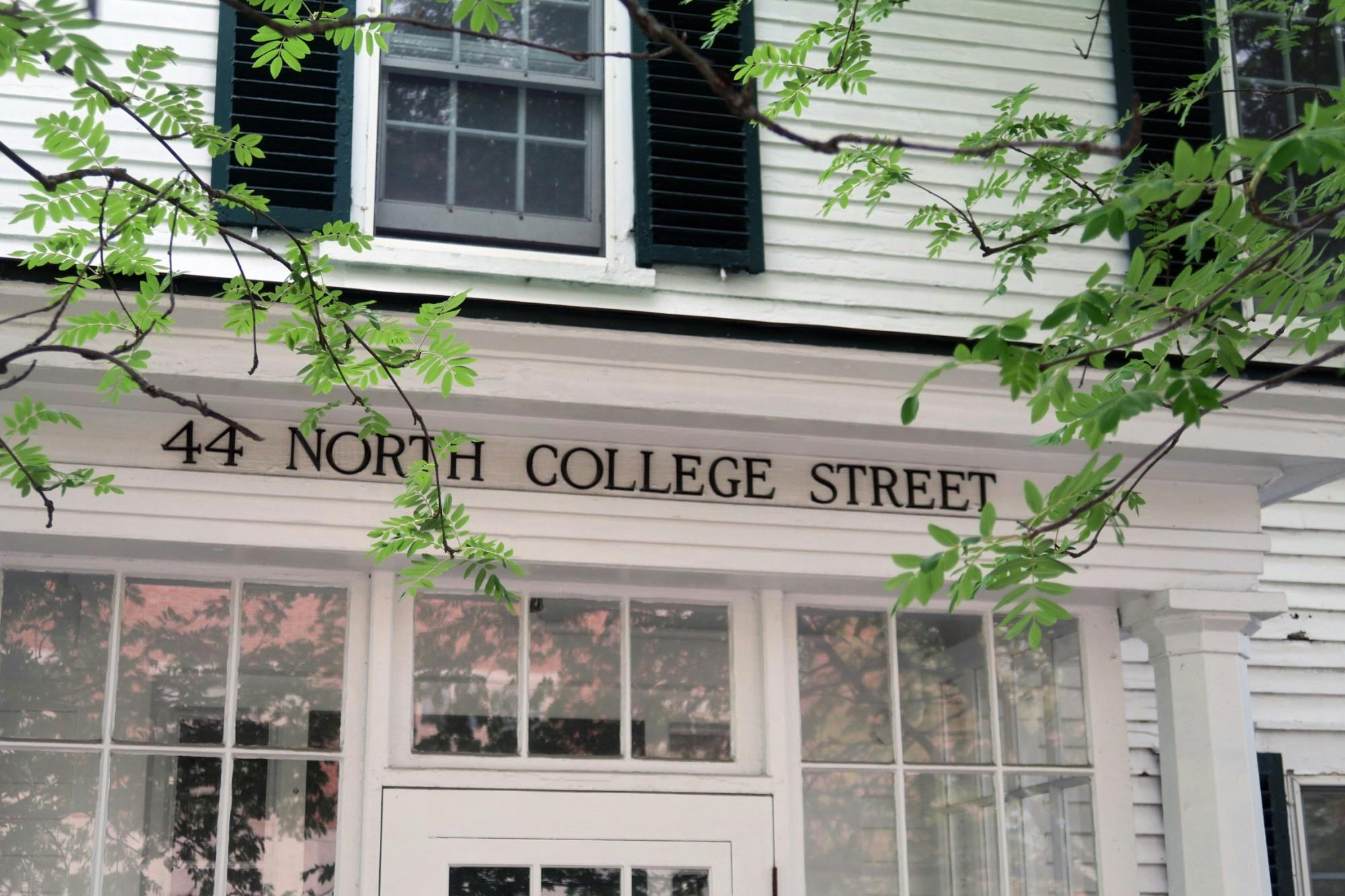The number of students enrolled in off-campus foreign study programs and language study programs is expected to rise to pre-pandemic levels after a year of relatively-low turnout. From 2017 to 2020, the number of students enrolled in off-campus programs was around 500 to 600 students each year according to Megan Wood, assistant director at the Guarani Institute for International Education. This school year, only 388 students participated in off-campus programs.
Despite the low enrollment for the 2021-2022 academic year, Wood said that 547 have applied for the off-campus programs for the 2022-2023 academic year, which she said is in-line with pre-pandemic years.
“It will take a little bit of time for us to determine if there is any trend with enrollment,” she said. “But just based on the numbers for this year, I think things are getting back to a new normal for what we can expect for enrollment for off-campus programs.”
According to James Dorsey, the chair of the Committee on Off-Campus Activities, the College is hoping to bring back all programs affected by the pandemic “as soon as it’s safe.”
Dorsey said that some students have already lost time on campus due to the pandemic, which could be affecting their decisions on whether to study off-campus.
“Whether students are hesitating to take programs they otherwise would have taken because they missed the Dartmouth experience,” he said.
Katie Fearon ’23, who did an anthropology study program in Hawaii during winter 2022, said that she never considered not doing an off-campus study program.
“That had kind of been a goal of mine coming into Dartmouth,” she said. “When the pandemic hit, that kind of threw things off a little bit, but it was still one of my top priorities.”
She added that her program was originally supposed to go to New Zealand, however, because of restrictions, the location was changed to Hawai’i.
“I think for some of the people who were going on the program that was a downside and they ended up not going,” she said.
Isabel Lozano-Renieblas, a professor of Spanish and Portuguese, said that she believes shifting offerings of programs can influence enrollment levels. In the Spanish department, program administrators changed several programs from LSAs to LSA+s, which require a higher level of Spanish proficiency, Lozano-Renieblas said.
Dorsey said that he does not know which factors contributed to this downward trend in program enrollment. The Committee on Off-Campus Activities is currently designing a survey to determine any specific causes, he said.
“We're in the middle of a massive student survey where we're just trying to gather answers to exactly these kinds of questions,” Dorsey said.
Wood said that she is also uncertain about which factors led to the decline in off-campus study. She said she believes that time away from Dartmouth may change students’ plans.
“I think students were rethinking what their priorities were,” Wood said. “In my own experience talking to students, I think they had to make some decisions about ‘do I want to be back on campus?’ especially if they hadn't been on campus for a long period of time.”
Wood said that another reason for the decline could be that students were unsure if programs would even take place. In light shifting restrictions and the possibility of virtual classes, students may have opted against off-campus programs, hoping to instead spend time in Hanover.
“I think students wanted some certainty,” she said. “I think some students may have [thought], ‘is this program really going to happen, I know if I come to campus maybe there is more assurance in that.’”




